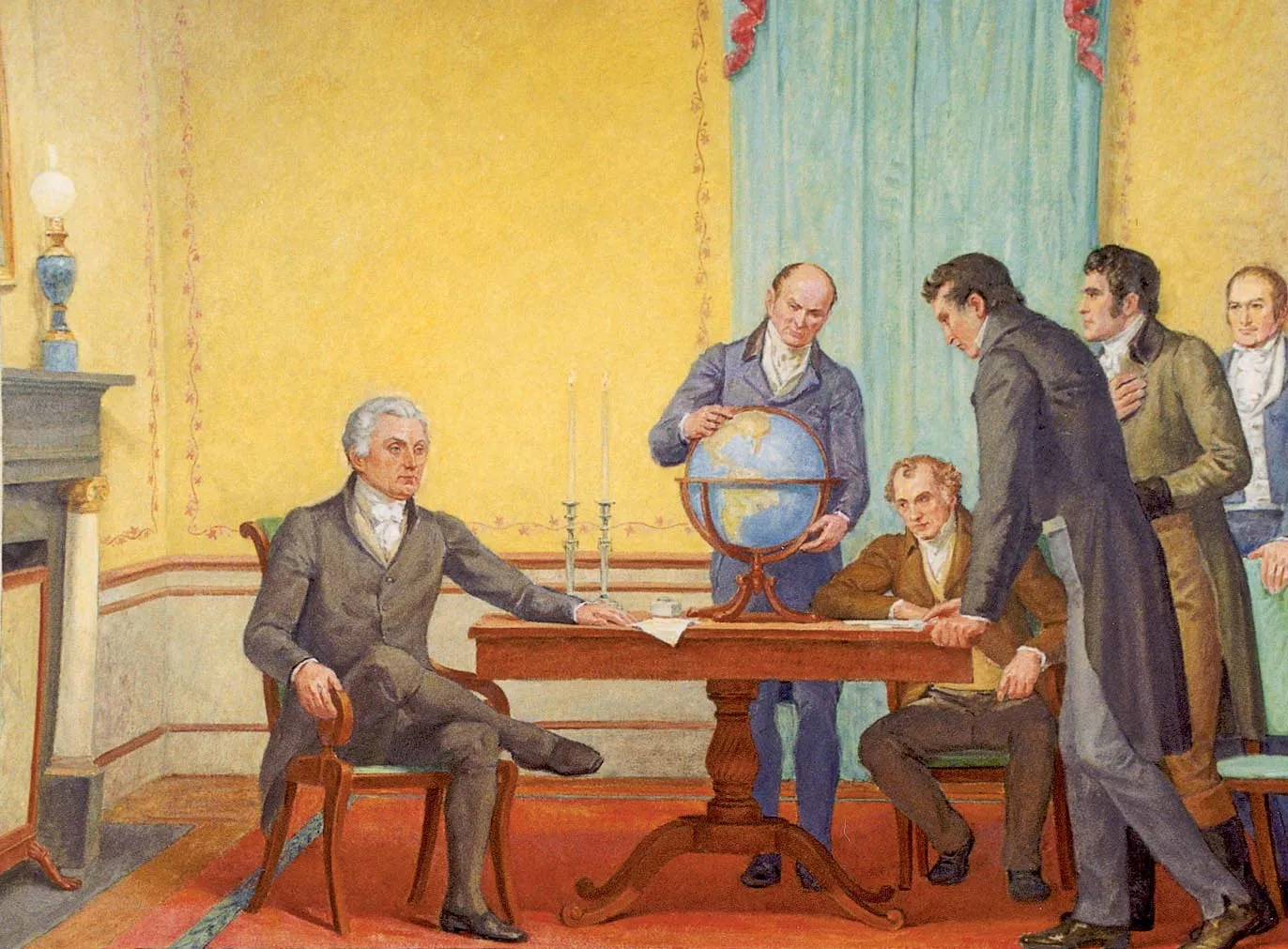(Opinion) The U.S.’s revival of the Monroe Doctrine, sparking critical scrutiny, raises questions about an attempt to reassert dominance over Latin America.
This question looms as U.S. senators celebrate the doctrine’s 200th anniversary, hinting at a renewed interventionist stance.
Latin America observed this bicentennial with concern, reflecting on the doctrine’s transformation from a shield against European colonialism to a tool for U.S. hegemony.
Politicians like Florida Governor Ron DeSantis and presidential hopeful Vivek Ramaswamy propose modern versions of this doctrine.
Their endorsements suggest a regressive step in U.S. foreign policy.

The Senate Foreign Relations Committee’s reaffirmation of the doctrine raises further alarms, signaling a possible retreat to bygone interventionist practices.
International academics recently gathered in Moscow to debate the U.S.’s renewed focus on the Monroe Doctrine.
They questioned America’s ability to maintain its historical influence over Latin America.
Brazilian expert Ricardo Zortea argued that the U.S. promotes regional discord to uphold its control.
He highlighted U.S. strategies of aligning with pro-American elites in key sectors, such as media and finance.
Scrutinizing the Monroe Doctrine’s Resurgence in U.S. Policy
Fabiano Mielniczuk, another Brazilian scholar, underscored the U.S.’s waning global power.
He cited U.S. interventions in Bolivia and Venezuela as evidence of Washington’s enduring ambition to dominate Latin America.
Mielniczuk advocates for South American unity to combat U.S. hegemonic tendencies.
He suggests Brazil’s leadership in forming a strong regional identity to address deep-rooted issues like poverty and inequality.
The push for a new Monroe Doctrine faces skepticism and opposition. It invites critical analysis of U.S. intentions and Latin American sovereignty.
This pivotal moment demands a reevaluation of U.S.-Latin American relations, challenging historical and potentially oppressive power dynamics.
The revival of the Monroe Doctrine stands as a controversial symbol of U.S. foreign policy, prompting calls for a more equitable and respectful approach to international relations.

